This month we’re shining a light on our Director of Fundraising & Communications, Jess. Jess…
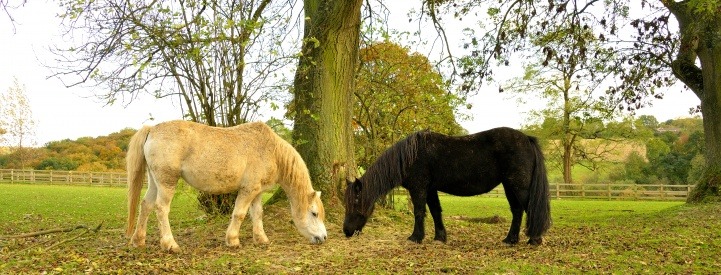
Good News for Horse Owners: Atypical Myopathy testing available at the Royal Veterinary College
The Royal Veterinary College (RVC) is now conducting testing for atypical myopathy as part of the RVC’s work towards improved treatments and management of this disorder, and to enhance the welfare of affected horses.
What is Atypical myopathy?
Atypical myopathy of horses is a severe and life threatening equine muscle disorder that is caused by the ingestion of Sycamore tree seeds, leaves or seedlings by horses that are kept at pasture.
What are the risk factors?
Risk factors for horses remain unclear. It is, for example, not currently known whether some trees are more toxic than others or whether the amount of toxin varies at certain times of the year or with certain climatic conditions. The RVC is working to help horse owners gain a better understanding of the condition.
Breakthrough in testing
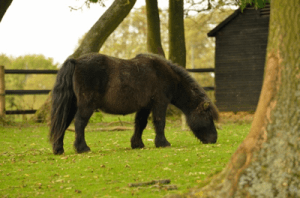 Following research that was supported by The Horse Trust and the RVC’s Animal Care Trust (ACT), the Comparative Neuromuscular Diseases Laboratory at the RVC is now offering testing of seeds, seedlings and leaves for the hypoglycin A toxin known to cause this disorder. To find out if plant samples from your property contain the toxin known to cause atypical myopathy, you can now send samples directly to the lab where they will be tested at a subsidised cost of £50.
Following research that was supported by The Horse Trust and the RVC’s Animal Care Trust (ACT), the Comparative Neuromuscular Diseases Laboratory at the RVC is now offering testing of seeds, seedlings and leaves for the hypoglycin A toxin known to cause this disorder. To find out if plant samples from your property contain the toxin known to cause atypical myopathy, you can now send samples directly to the lab where they will be tested at a subsidised cost of £50.
In addition, the Comparative Neuromuscular Diseases Laboratory is also offering testing of blood and urine samples, submitted by your vet, from horses they suspect of having atypical myopathy or from at risk field companions. This should help to establish a much more rapid and accurate diagnosis, and subsequent treatment, than with previous tests.
Professor Richard Piercy, Professor of Comparative Neuromuscular Disease, said: “We’re really pleased to be able to launch our testing service for owners who may be concerned about their horses. With the support of The Horse Trust and ACT, and through working with owners in this way, we hope to be able to improve the understanding of atypical myopathy and improve the welfare of horses with this severe condition.”
Full details, including prices and packaging instructions are available at the following website: http://www.rvc.ac.uk/research/laboratories/comparative-neuromuscular-diseases-laboratory/diagnostic-services
1 2
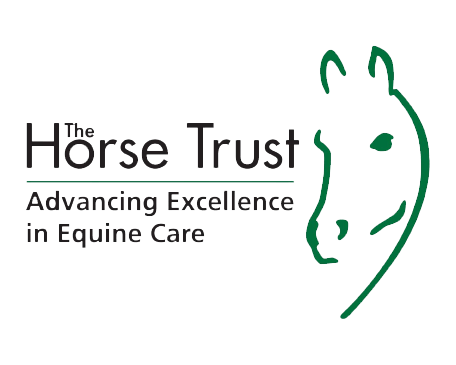
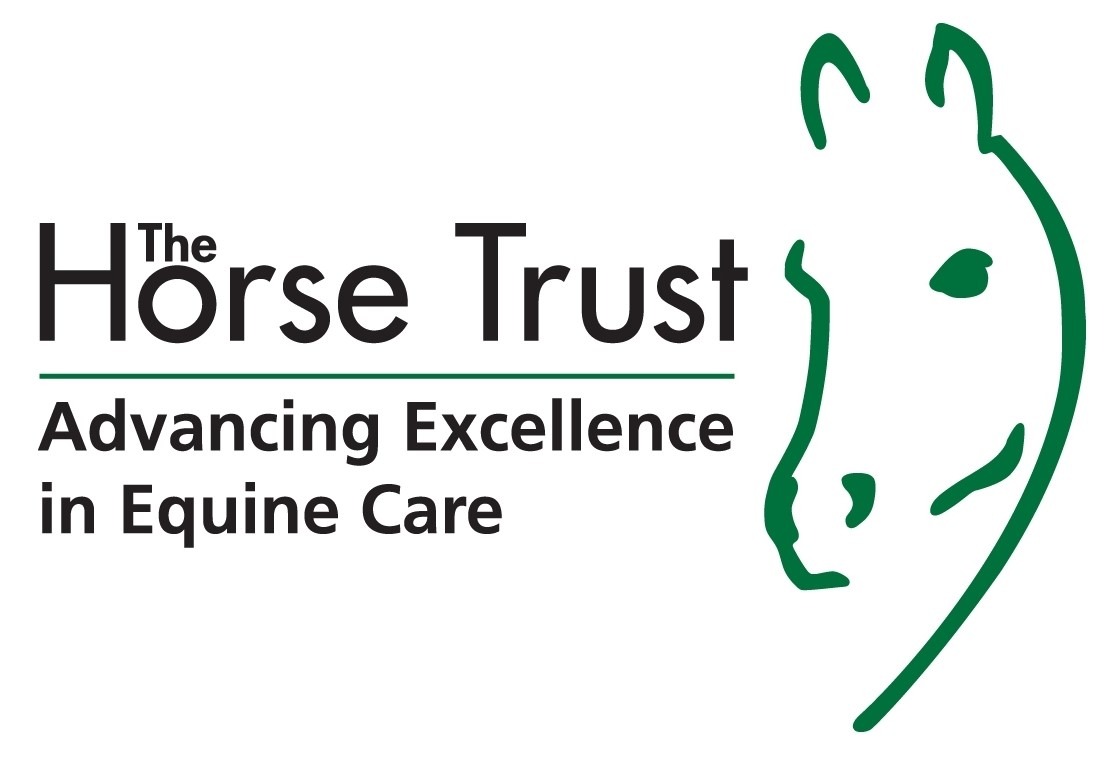
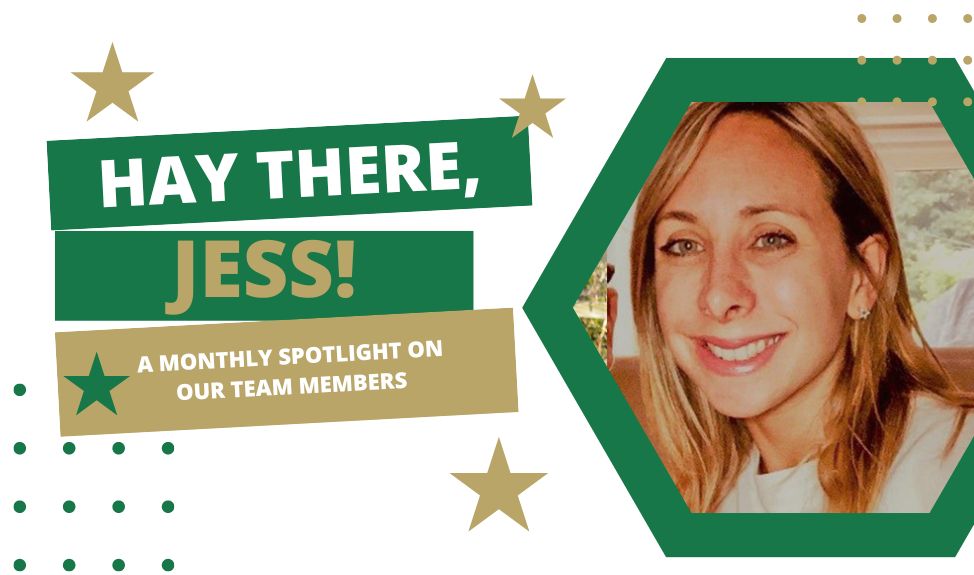
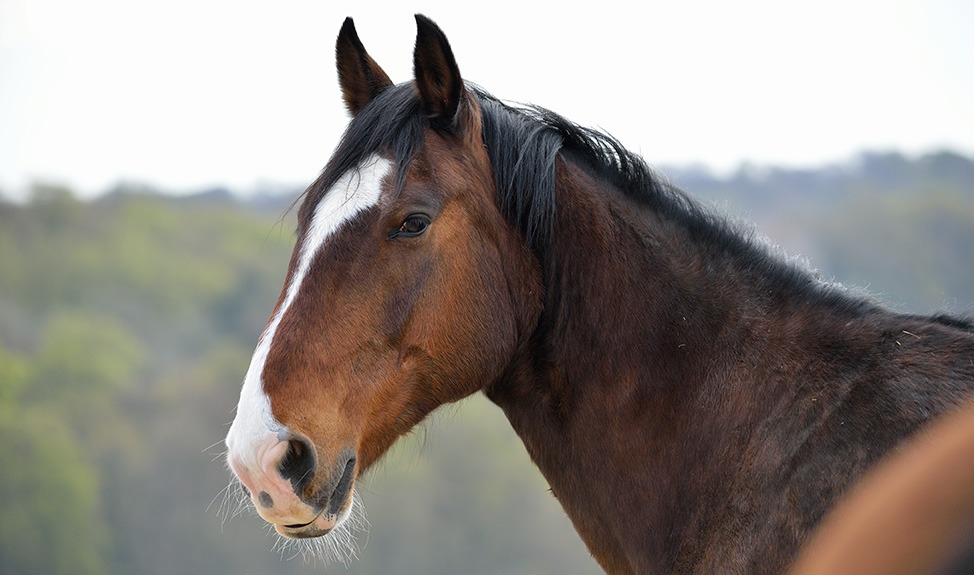
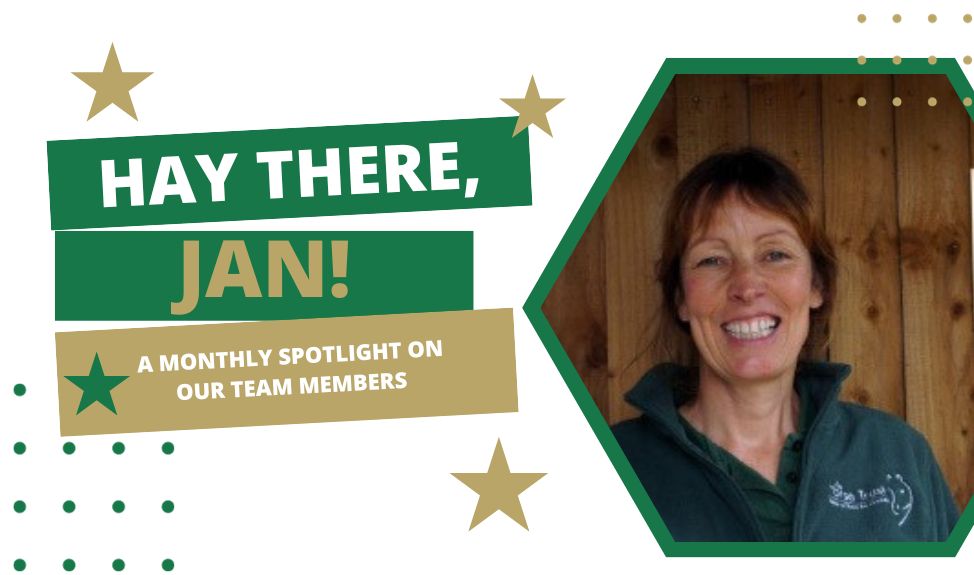










This Post Has 0 Comments